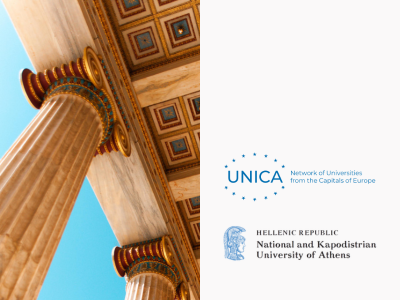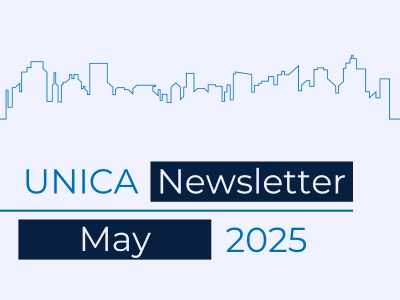Upcoming events
-
18-20 June 2025

35th UNICA General Assembly & Rectors’ Seminar | National and Kapodistrian University of Athens (NKUA) | 18-20 Jun 2025
Athens
General Assemblies Rectors Seminars -
25-26 September 2025

“Strengthening Research Collaboration in a Changing Landscape: Shared Research Infrastructures and Research Data Security” | University of Warsaw, 25-26 September 2025
UNICA Research
Latest news
-
10 Jun 2025

UNICA joins European partners in call to champion academic freedom and protect researchers at risk
From UNICA - From partners
-
04 Jun 2025

UNICA is attending the European Youth Event 2025 with students from member universities
From UNICA
-
03 Jun 2025

News from UNICA | May 2025: Is there Science without the Humanities?
Newsletters
-
20 May 2025

Support better student mobility: encourage students to complete the ESNsurvey XVI!
From partners
-
20 May 2025

Seminar on Micro-Credentials in the EU Ecosystem, co-organised by the University of Ljubljana | Brussels, 27 May
From our Members
-
14 May 2025

One step closer to the European Degree: Council of the EU approves 2 keys texts for the future of European Higher Education
From UNICA


 Co-funded by the European Union. Views and opinions expressed are however those of the authors only and do not necessarily reflect those of the European Union or the European Education and Culture Executive Agency (EACEA). Neither the European Union nor the granting authority can be held responsible for them.
Co-funded by the European Union. Views and opinions expressed are however those of the authors only and do not necessarily reflect those of the European Union or the European Education and Culture Executive Agency (EACEA). Neither the European Union nor the granting authority can be held responsible for them.